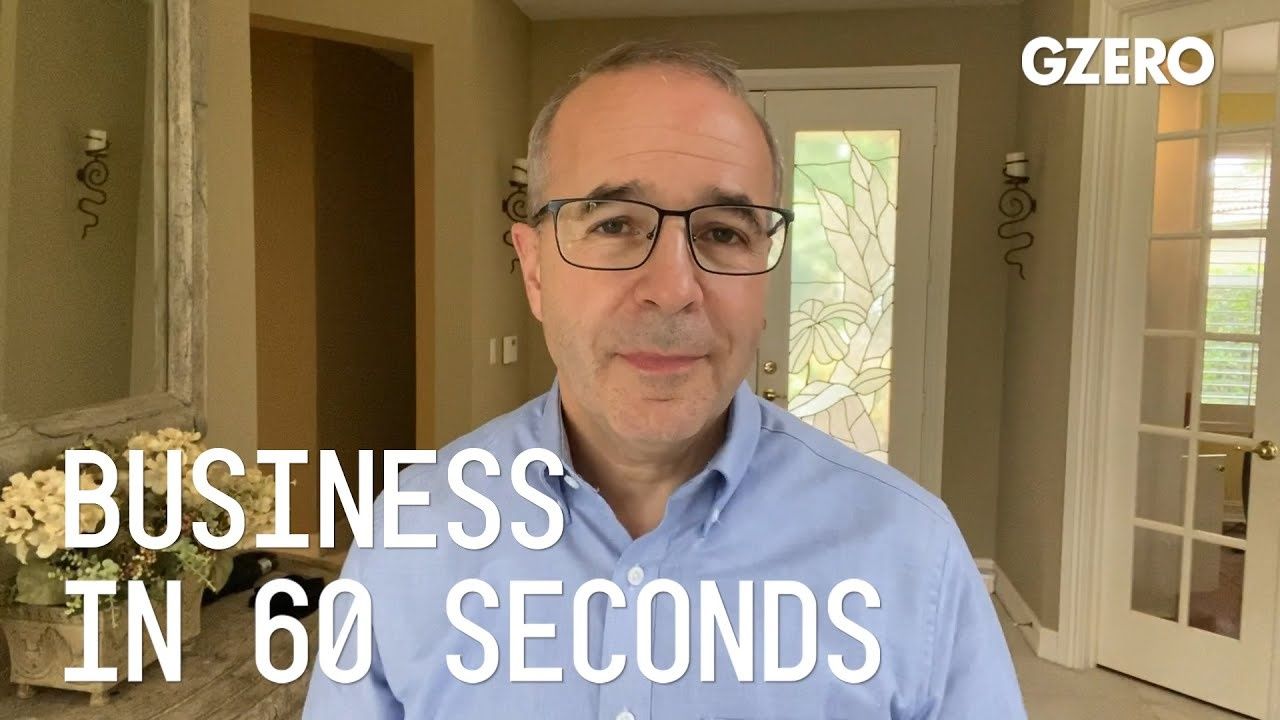
What does it take to reimagine a business and bring it back successfully in this next normal?
Well, I think it's important to understand this is not just about returning a business to what it was. It's about reimagining what it should be given the changes that this current pandemic has created. And I think there are four essential steps.
The first is to rapidly focus on revenue recovery. And that really means understanding your customers, looking hard at how they've been impacted, segmenting the customer base, and then focusing in on the segments where you have something to offer that is distinctive, because that's going to be especially required in this next normal.
Secondly, rebuild operations. You can't just go back to restoring the supply chain that you had or the manufacturing process that used to exist. It's vital to understand how those need to change and evolve. And we've already seen people start to do that. For example, one retailer I knew had taken 18 months to study the possibilities of curbside pickup. Well, of course, in this pandemic, that's become the norm. And in three weeks, they were able to put into action something that had taken 18 months to study.
Thirdly, the organization. It's got to be agile. It's got to find a way to take up the mantle of the quick decision making that has already been happening in this pandemic and make that something that is lasting, and the way business is done in the future. Many examples of that, I'm sure in your own businesses, where you've seen decisions taken with less data but more rapidly with greater sources of feedback than ever before. And we've seen that across countless businesses. That's the kind of pace and speed which makes normal demands.
And fourth, digital. Digital adoption. Finding ways to operate more rapidly, using digital commerce, but also digitizing internal processes. We've seen a lot of companies take their digital handbooks that they've been wrestling with and thinking about for a long time and put them to action. It's why we're seeing telemedicine, automation and other features grow much more rapidly than in the past. And that's going to be required in the future. So, it's not just about return. It's about reimagining, as you return.